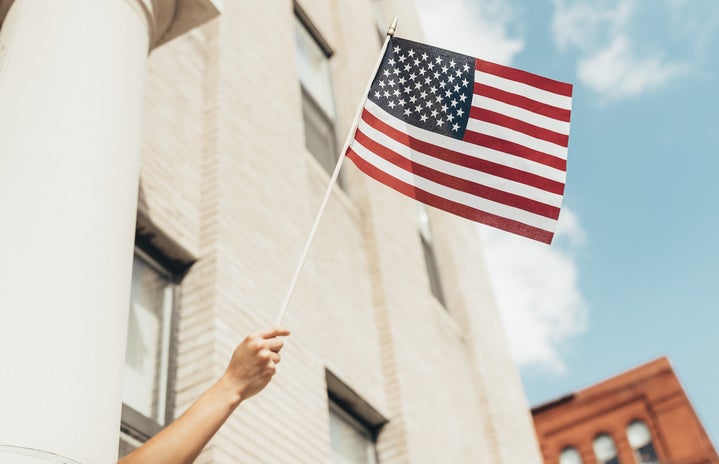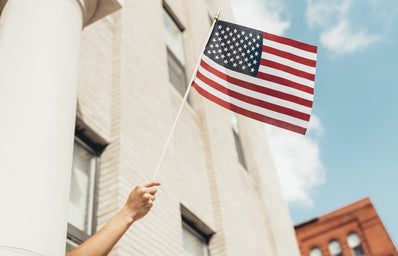Politics used to be something that was not discussed or posted about. It was not a topic of conversation at family dinners, date nights, or movie nights with friends. Today, it seems like we can’t go anywhere without seeing someone in a “MAGA” hat or a “Biden 2020” tee shirt. Politics has become a significant part of people’s identity. A personality trait. So how exactly did this happen? What was the root of this political shift?
When Donald Trump was elected in 2016, many were shocked because he was the only president with no past political or military experience. Trump’s entire election campaign was unorthodox and never before seen in American politics, causing a shift in the political sector. During his presidency, he took his thoughts to Twitter. Many politicians and government officials used Twitter, but Trump’s tweets differed from average politicians. His tweets used vulgar language, some including racist and sexist connotations or references. The use of such language angered those who felt attacked by his tweets, specifically women, POC, and members of the LGBTQIA+ community. The frustration within the Democratic Party slowly created a wave of people, both democrats, and republicans, eager to vote Trump out of office after his first term. In the year 2018, halfway through his presidency, his approval ratings did not exceed 42% and even dipped as low as 37% in January 2018.
Some of the policies passed under the Trump administration are also crucial factors in the political shift. Policies affect public opinion which is critical in guiding the results of the next election, as well as in the years following the election. Trump left a very conservative legacy in the white house. For instance, in July 2020, he passed a bill reversing the Obama-era act which protected transgender people against discrimination in healthcare and health insurance. In 2017, he banned transgender people from joining any branch of the military and tweeted about the passing of this law. He withdrew from over 100 climate protection acts during his presidency as well, including removing the United States from the Paris Climate Agreement, one of the largest global sustainability efforts signed by 192 countries.
Trump’s history of vulgar tweets and extremist right-leaning laws caused an insurgency of irritation amongst all those who oppose him. Suddenly, people started speaking out on social media more as a form of protest regarding some of his most controversial bills. Everyone became more outspoken and vocal about their support and opposition towards the president. The clash between Republican and Democratic Parties made it very hard for congress to successfully pass bills, causing chaos and gridlock. Social media only worsened this situation. Influencers and celebrities began talking about politics and in a blink of an eye, everyone suddenly cared more about politics. People stopped talking to their loved ones with opposing beliefs, more and more people registered to vote, grassroot organizations boomed, etc. Political scientists refer to this great divide and obsession with politics as the “mega identity”. They suggest that people don’t have “fiscally republican views and socially democratic views;” it’s either one or the other. There is no longer any overlap between the parties. Who we are as people also influences what we believe in politics and what we want to see from politicians.
It’s tough to pinpoint where and how exactly our society underwent this shift in our approach to politics. Part of it could be using social media to voice opinions, part of it Trump’s extreme views and laws, or just more political awareness amongst young voters. In the past 5-6 years, we have seen a shift in our response to politics and extreme polarization among parties.


